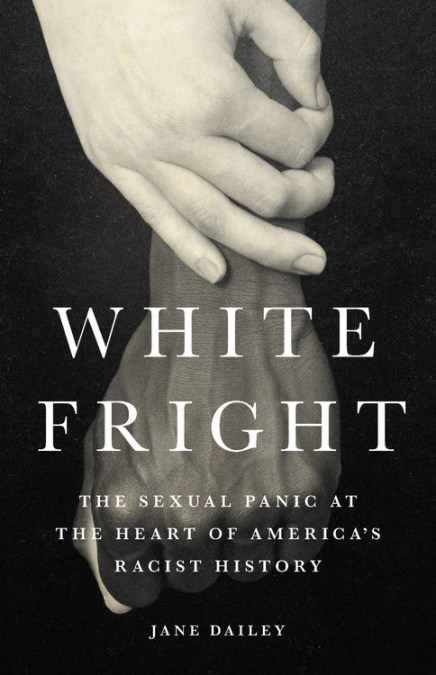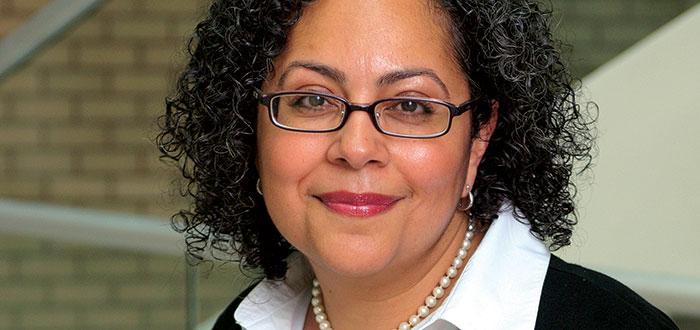How Are We Still Debating Interracial Marriage in 2022?Posted in Articles, Law, Media Archive, Politics/Public Policy, Social Justice, United States on 2022-03-25 19:57Z by Steven |
How Are We Still Debating Interracial Marriage in 2022?
The New York Times
2022-03-25
Jamelle Bouie, Opinion Columnist

“You would be OK with the Supreme Court leaving the question of interracial marriage to the states?”
“Yes,” said Senator Mike Braun of Indiana while fielding questions from local media on Tuesday. “If you’re not wanting the Supreme Court to weigh in on issues like that, you’re not going to be able to have your cake and eat it, too,” he said. “That’s hypocritical.”
Braun walked this back, of course, undoubtedly aware of the damage it could do if he let it stand. “Earlier during a virtual press conference, I misunderstood a line of questioning that ended up being about interracial marriage,” he said in a statement to NBC News. “Let me be clear on that issue — there is no question the Constitution prohibits discrimination of any kind based on race, that is not something that is even up for debate, and I condemn racism in any form, at all levels and by any states, entities or individuals.”
As damage control goes, this was unpersuasive. It’s not just that the questions he originally answered were clear; it’s that Braun’s answer was consistent with what he had said throughout the news conference. His argument to reporters was that the existence of certain rights, and the particular shape they take, was best left to the states. He used abortion and marijuana legalization as examples. It was then that a reporter asked if this applied to interracial marriage…
Read the entire article here.




